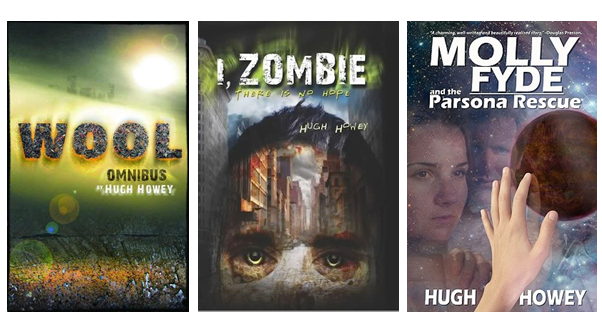 The news you read may not be the news you need.
The news you read may not be the news you need.
The big story over the last few weeks also happened to be an almost non-story, but this is what makes the internet such a remarkable thing. On the one hand, sudden global exposure can give an important but off-beat issue the publicity it truly deserves, while on the other hand, less important news gains more notice than it can justify. This is caused by journalists having to meet a constant demand for new content, and these stories tend to follow a similar viral pattern.
Thus it was last month with the great Amazon vs. Hatchette bake-off. Continue reading “Indie News Beat with Chris James”

 Moving the needle on your book sales is a chore. It’s hard enough to write a book, but selling it takes things to a whole new level. Wouldn’t it be cool if you could just publish your book and have it appear on the New York Times bestseller list without making any effort at all?
Moving the needle on your book sales is a chore. It’s hard enough to write a book, but selling it takes things to a whole new level. Wouldn’t it be cool if you could just publish your book and have it appear on the New York Times bestseller list without making any effort at all?

 It’s good to poke your head up above the foxhole every once in a while and take a look at what else is going on in the world.
It’s good to poke your head up above the foxhole every once in a while and take a look at what else is going on in the world.